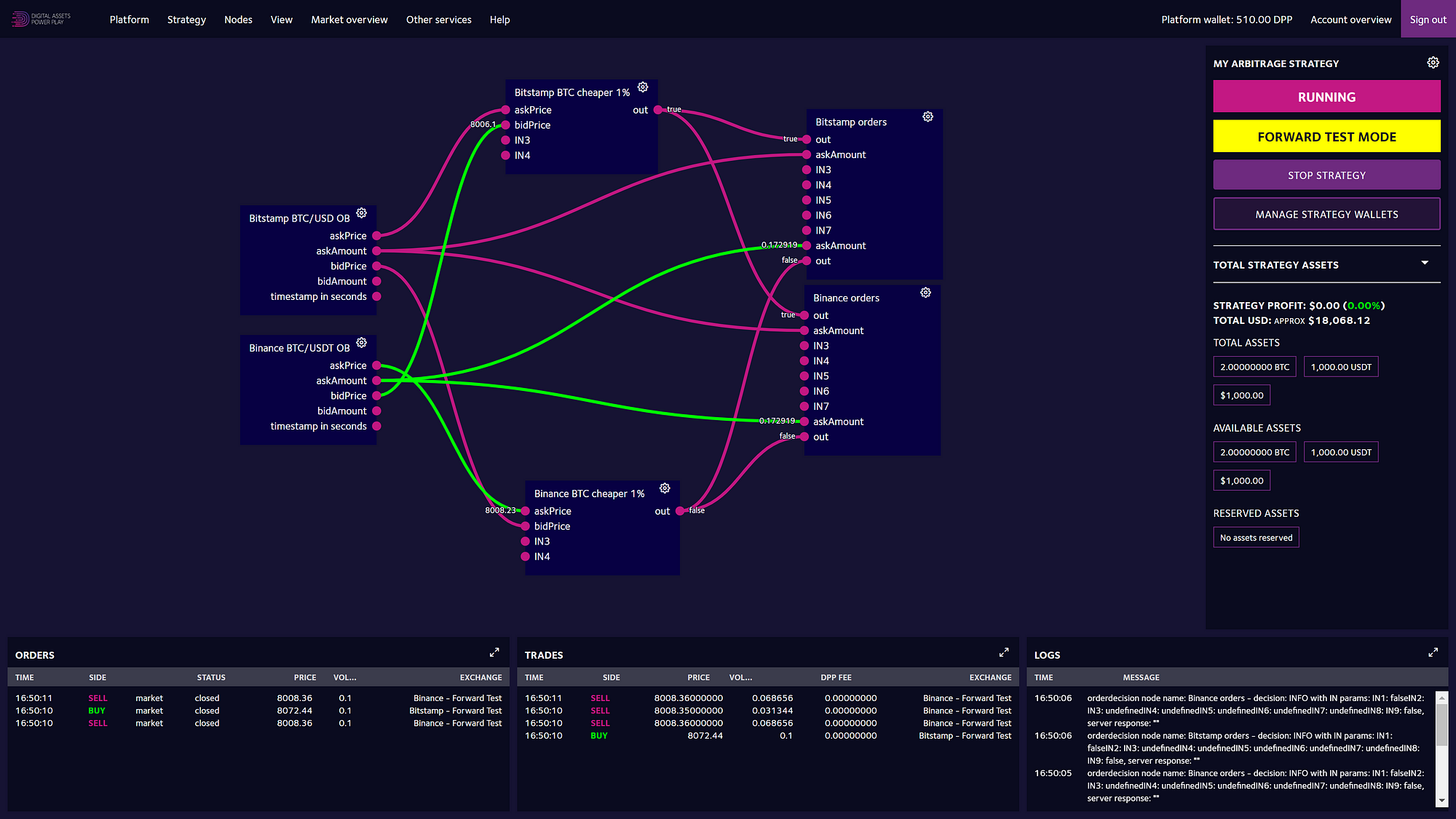What the forward market is

The forward market is a segment of the financial system where participants engage in the buying and selling of assets with a delivery date set in the future. A defining characteristic of this market is the fixed price and agreed-upon delivery date established at the time of the transaction. In contrast to the spot market, where settlement and delivery of the asset happen immediately, forward contracts defer these actions until the pre-determined time.
One of the primary functions of the forward market is hedging, which acts as a safeguard against adverse price movements. Companies exposed to the risks of fluctuating prices for commodities, currencies, or other assets can utilize forward contracts to lock in future prices. This practice allows them to plan their activities with greater certainty and less exposure to market volatility.
The forward market also offers avenues for speculation. Traders can enter into contracts based on their expectations of future price changes, aiming to profit from these fluctuations. By anticipating market movements, they can take strategic positions that capitalize on expected shifts.
Currency forwards are particularly useful for locking in exchange rates for transactions scheduled in the future. This is especially critical for businesses engaged in international trade, as it protects them from exchange rate fluctuations that could impact profitability.
However, it is essential to note that the forward market may be less liquid compared to other financial markets. This lack of liquidity can make it challenging for participants to find counterparties to enter into contracts or to close positions.
Additionally, forward contracts on interest rates allow financial institutions and corporations to fix interest rates for future periods. This can be advantageous for managing long-term loans or bonds, providing certainty regarding future payment obligations.
It’s also important to be aware of the credit risk inherent in forward contracts. This risk arises from the possibility that one party might default on its obligations. Since forward agreements are typically arranged over-the-counter rather than through a centralized exchange, the absence of a central counterparty can increase this risk.
In conclusion, the forward market serves a crucial role in financial trading by offering tools for both hedging and speculation. By understanding how forward contracts work and their benefits, traders and businesses can better navigate the complexities of market dynamics. Managing risk and ensuring sound decision-making are vital for success in this market. As with any trading strategy, thorough analysis and due diligence are essential to leverage the advantages of forward contracts while mitigating potential pitfalls.